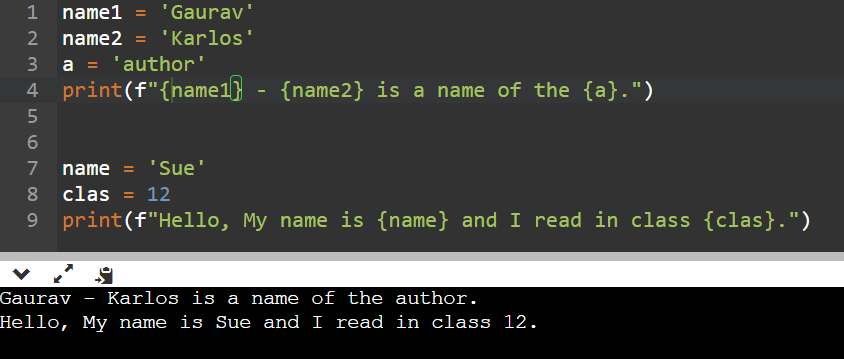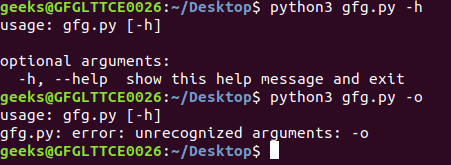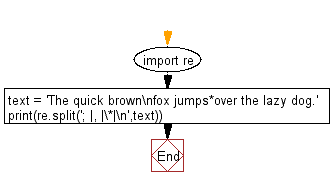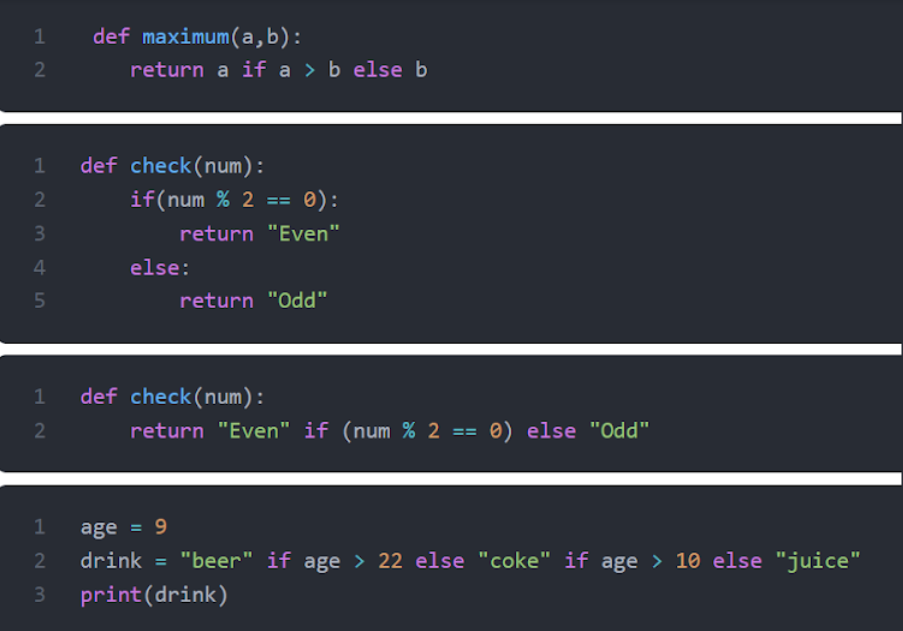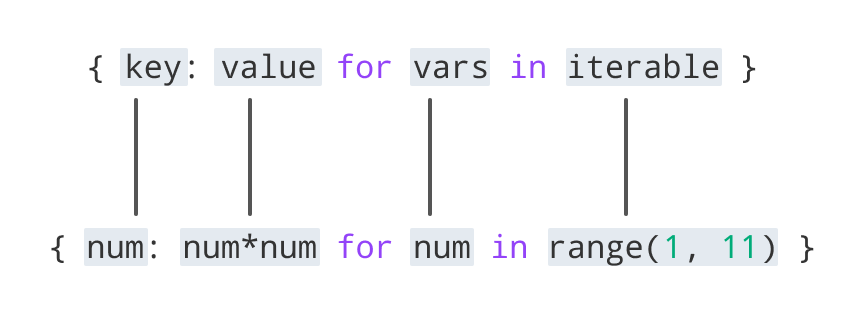How do you sort 5 numbers in Python?
How do you sort 5 numbers in Python?

I'd be happy to help with that.
In Python, there are several ways to sort a list of numbers. Here are a few examples:
Using thesorted() function:
The sorted() function is a built-in Python function that returns a new sorted list from the elements of any sequence. To use it, simply pass your list of numbers as an argument.
numbers = [5, 2, 8, 3, 1]
sorted_numbers = sorted(numbers)
print(sorted_numbers) # Output: [1, 2, 3, 5, 8]
This method returns a new sorted list and does not modify the original list.
Using thesort() method:
The sort() method is another way to sort a list of numbers in Python. This method sorts the list in-place, meaning it modifies the original list.
numbers = [5, 2, 8, 3, 1]
numbers.sort()
print(numbers) # Output: [1, 2, 3, 5, 8]
This method returns None and sorts the list in-place.
numpy library:
If you're working with numerical data, you might want to consider using the numpy library. The numpy library provides a powerful sorting function called numpy.sort() that can be used with arrays or lists of numbers.
import numpy as np
numbers = [5, 2, 8, 3, 1]
sorted_numbers = np.sort(numbers)
print(sorted_numbers) # Output: [1, 2, 3, 5, 8]
This method also returns a new sorted array.
Using theheapq library:
Finally, if you're working with large datasets and need to perform sorting in an efficient way, you might want to consider using the heapq library. The heapq library provides a function called heapq.nsmallest() that can be used to sort a list of numbers.
import heapq
numbers = [5, 2, 8, 3, 1]
sorted_numbers = heapq.nsmallest(len(numbers), numbers)
print(sorted_numbers) # Output: [1, 2, 3, 5, 8]
This method also returns a new sorted list.
In conclusion, Python provides several ways to sort a list of numbers. Depending on your specific needs and requirements, you might want to use the sorted() function, the sort() method, or the numpy library.
How do you sort a numeric list in Python?
Sorting a numeric list in Python is a common task that can be achieved using various methods and functions provided by the language. The simplest way to sort a numeric list is by using the built-in sort() function or the sorted() function.
Here's an example of how you can use these methods:
# Define a numeric list
numbers = [64, 34, 25, 12, 22, 11, 90]
Sort the list in ascending order using sort()
numbers.sort()
print("Sorted List (Ascending):")
print(numbers)
Sort the list in descending order using sorted()
sorted_numbers = sorted(numbers, reverse=True)
print("nSorted List (Descending):")
print(sorted_numbers)
When you run this code, it will output:
Sorted List (Ascending):
[11, 12, 22, 25, 34, 64, 90]
Sorted List (Descending):
[90, 64, 34, 25, 22, 12, 11]
As you can see, the sort() function sorts the list in-place, meaning it modifies the original list. The sorted() function, on the other hand, returns a new sorted list and leaves the original list unchanged.
There are also ways to sort a numeric list using more advanced techniques, such as sorting by specific conditions or with additional steps involved. For instance, you could sort a list of numbers based on their absolute values:
numbers = [-34, -25, 22, 11, 64]
sorted_numbers = sorted(numbers, key=abs)
print(sorted_numbers)
This will output: [11, 22, 25, 34, 64], which is the list of numbers sorted by their absolute values.
It's also possible to sort a numeric list based on specific conditions or rules. For example, you could create a function that checks if each number meets certain criteria before sorting:
def check_criteria(number):
return abs(number) > 25
numbers = [-34, -25, 22, 11, 64]
sorted_numbers = sorted((n for n in numbers if check_criteria(n)), key=abs)
print(sorted_numbers)
This will output: [34, 64], which is the list of numbers that meet the condition abs(number) > 25 and are then sorted by their absolute values.



